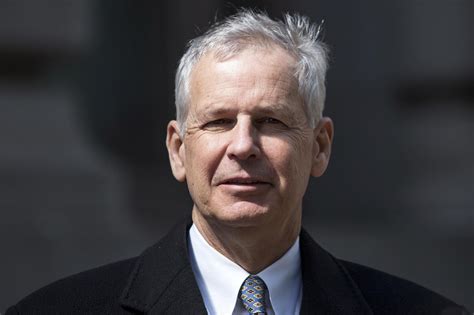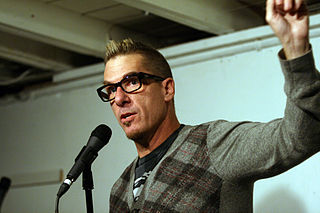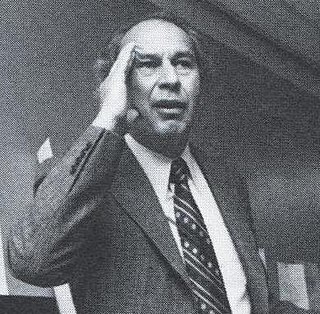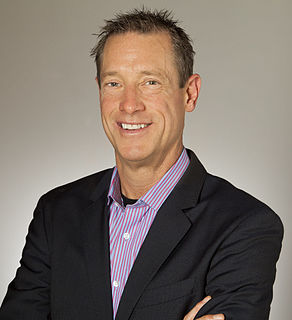A Quote by Seth Godin
You can define advertising as the science of creating and placing media that interrupts the consumer and then gets him or her to take some action.
Related Quotes
For me accessories create and define a woman's personal style. The bag she carries, the watch on her wrist, her jewelry, her sunglasses, her shoes all define a look that is her signature. For Spring 2014, my accessory collections are about a clean, graphic boldness creating a new dimension redefining modern classics.
Yes, there may be some convergence to what you see on a screen that's different from the way you will experience a magazine in your hand, but there are lots of ways you can signal differences. Where native advertising and these other things get tricky is when the consumer can't tell the difference between edit and advertising.
Advertising is prima facie evidence that the man who pays believes that advertising is good. It has brought great results to others, it must be good for him. So he takes it like some secret tonic which others have endorsed. If the business thrives, the tonic gets the credit. Otherwise, the failure is due to fate.
Advertising and the free society are closely connected. Advertising helps to make a free society remain so by increasing competition, and by helping to maintain the freedom of the mass media themselves. The free society is one where advertising and advertising agencies are likely to be in considerable demand, though it is true that even in a totally centralist society there would still be a need for organisations and people to have access to mass communication media.
I think the adoption rate with respect to social media and how companies leverage that varies by the company. Cisco is probably a leader in the space. A lot of times, we actually use virtual ways to communicate our brand and do some of our advertising, first on the social space, then we do on physical advertising.
We live in a world ruled by fictions of every kind - mass merchandising, advertising, politics conducted as a branch of advertising, the instant translation of science and technology into popular imagery, the increasing blurring and intermingling of identities within the realm of consumer goods, the preempting of any free or original imaginative response to experience by the television screen. We live inside an enormous novel.
I think of Google as a set of overlapping things. It's a consumer platform, consumer phenomenon of which search is its fundamental activity, but there are many other things you can do than search... I think of Google as an advertising company who services the broader advertising industry in the ways that you know.





































